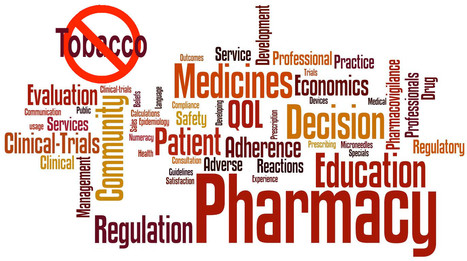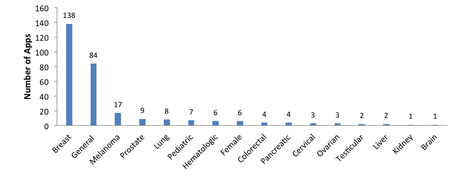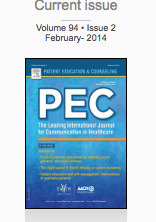Introduction
Pharmacy stores are positioned to cultivate health and wellness among patrons. This study assessed attitudes toward prohibiting tobacco product sales in pharmacy stores among U.S. adults.
Methods
Data from the 2014 Summer Styles, an Internet survey of U.S. adults aged ≥18 years (n=4,269), were analyzed in 2015. Respondents were asked: Do you favor or oppose banning the sale of all tobacco products in retail pharmacy stores? Responses were: strongly favor, somewhat favor, somewhat oppose, and strongly oppose. Prevalence ratios were calculated using multivariate Poisson regression to determine sociodemographic correlates of favorability (strongly or somewhat).
Results
Among all adults, 66.1% “strongly” or “somewhat” favored prohibiting tobacco product sales in pharmacy stores. Favorability was 46.5% among current cigarette smokers, 66.3% among former smokers, and 71.8% among never smokers. Favorability was 47.8% among current non-cigarette tobacco users, 63.2% among former users, and 71.4% among never users. Following adjustment, favorability was more likely among women compared with men (p<0.05). Conversely, favorability was less likely among the following: adults aged 25–44 years and 45–64 years compared with those aged ≥65 years, those with annual household income of $15,000–$24,999 compared with ≥$60,000, current cigarette smokers compared with never smokers, and current and former non-cigarette tobacco users compared with never tobacco users (p<0.05).
Conclusions
Most U.S. adults favor prohibiting tobacco sales in retail pharmacy stores. Eliminating tobacco product sales in these settings may reinforce pharmacy stores’ efforts to promote wellness, and further cultivate social climates that reduce the desirability, acceptability, and accessibility of tobacco.
Via Pharma Guy



 Your new post is loading...
Your new post is loading...













